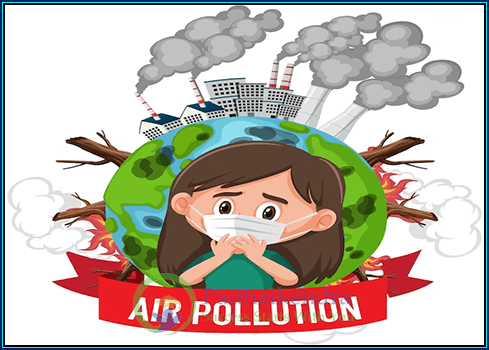Migration can have both positive and negative effects on both the migrants and the destination and origin countries. Here are some of the effects of migration:
- Economic effects: Migration can bring about economic benefits for both the migrant and the destination country. Migrants can contribute to the economy by filling gaps in the labor market and generating more economic activity. However, migration can also put a strain on the resources of the destination country, particularly if migrants require social services such as healthcare or education.
- Social effects: Migration can lead to cultural exchange and diversity in the destination country, which can enrich society. However, it can also lead to social tensions and conflict if migrants are not integrated into the society or if there is a perception that they are taking jobs or resources away from local residents.
- Political effects: Migration can have political effects, particularly if there is a large influx of migrants. It can lead to a rise in anti-immigrant sentiment and fuel political movements that seek to restrict or even ban migration.
- Brain drain: Migration can lead to a “brain drain” in the origin country, where skilled workers leave for better opportunities in the destination country. This can have negative effects on the origin country’s economy and social development.
- Family separation: Migration can result in family separation, which can have negative effects on the mental health and well-being of both the migrant and the family members left behind.
Overall, the effects of migration can be complex and depend on a range of factors, including the reason for migration, the policies of the destination and origin countries, and the level of integration and support provided to migrants.





